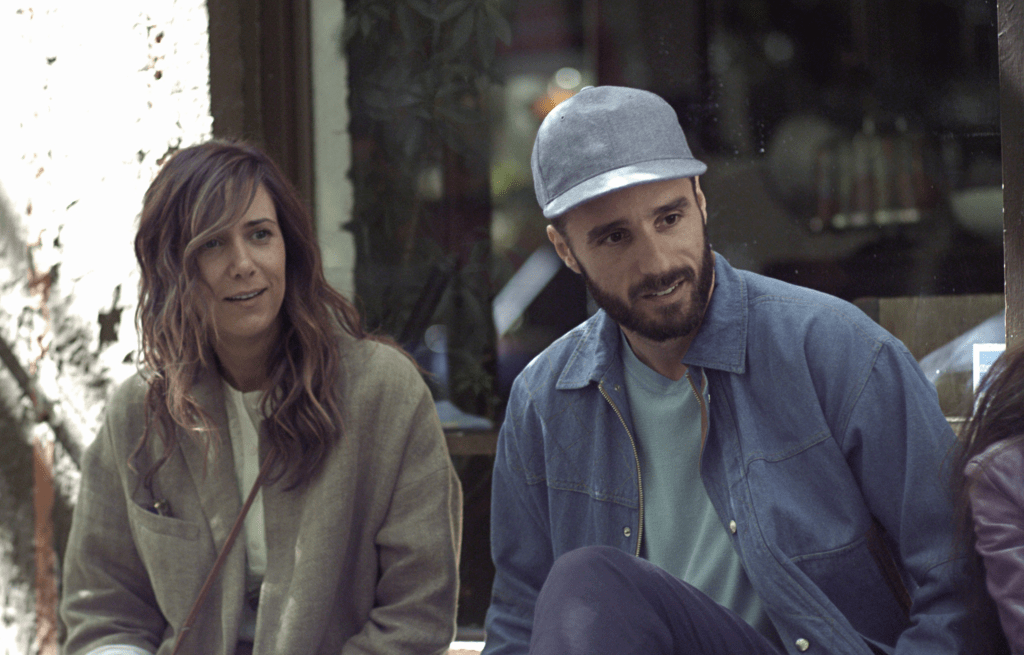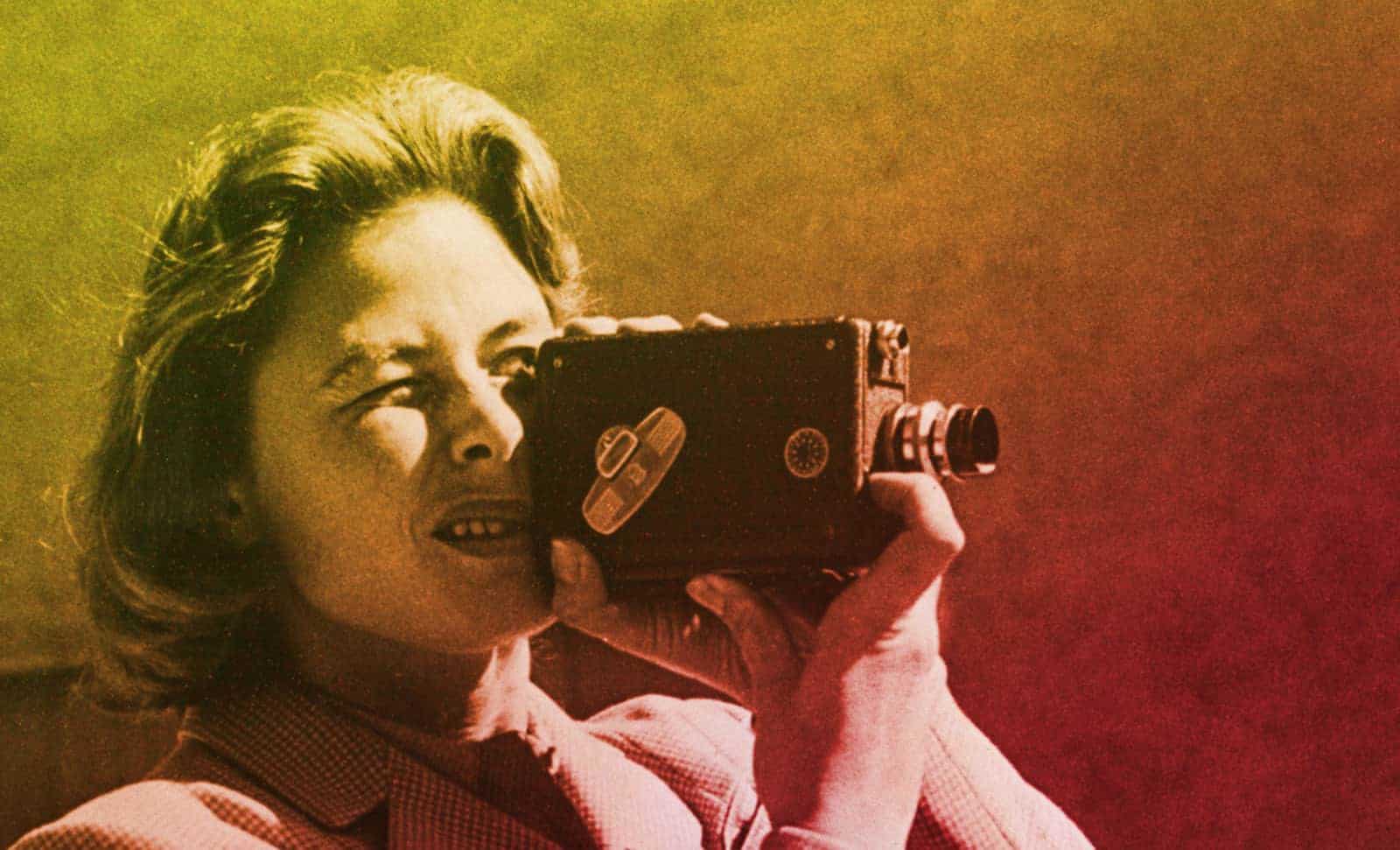Nasty Baby starts out as a typically progressive, indie premise — the gay version of Friends with Kids — and becomes increasingly psychologically complex before heading into entirely uncharted territory.

Ever since Chilean writer-director Sebastián Silva’s breakthrough film, the deeply sensitive and insightful The Maid, Silva has been a director to watch. But recently, I’ve found myself admiring his work more than actually liking it. His 2013 film Crystal Fairy & the Magical Cactus was smart and full of strong performances by actors playing against type, but it meandered too much. His eerie 2013 psychological thriller Magic Magic was gorgeously shot and meticulously directed, but fizzled away its potential. Nasty Baby, Silva’s first foray into American indie filmmaking, is as interesting and unsatisfying as his other recent films.
The film follows gay couple Freddy (Sebastián Silva) and Mo (Tunde Adebimpe), as they struggle to have a baby with Freddy’s best friend Polly (Kristin Wiig). What starts out as a typically progressive, indie premise — the gay version of Friends with Kids — becomes increasingly psychologically complex before heading into entirely uncharted territory. When Freddy discovers his sperm count is too low to be the donor, tensions run high as he tries to persuade Mo to father the child. Mo isn’t sure what he wants; Polly is pressuring them to decide quickly as she’s in a hurry to get pregnant; and Freddy is quietly mourning the possibility of having a biological child. Complicating matters more, Freddy and Polly are such close friends that he sometimes seems to prioritize her needs over those of his partner.

The characters form the kind of multicultural friend circle that’s become the norm in big cities, but remains a novelty in American cinema. Freddy is a Latino immigrant, in a relationship with a black man, and best friends with a white woman. Freddy and Mo share a brownstone apartment in a Brooklyn neighborhood going through the last stages of gentrification. They’re plagued by their mentally ill neighbor, The Bishop (Reg E. Cathy), who starts off as a mere nuisance before becoming a real threat and sexually harassing Polly. The film takes a dark turn in its final act.
The series of events that lead to a massive change of tone are hardly surprising, given the challenges the characters have been facing in their community. But the aftermath is a bit of a shock. Silva attempts to raise complex moral questions about privilege and urban succession. What the point is, however, gets lost in flights of fancy — like a subplot in which the art dealer interested in Freddy’s work declares he has to consult an oracle to make a decision.
The film gleefully sends up bourgeois attitudes as ridiculous before suggesting they’re harmful. Yet we’re not meant to dislike the characters causing harm. It’s an interesting premise that hasn’t been fully fleshed out. Likewise, Silva’s choice to shoot the film handheld, in all its clumsiness, prevents the film from ever being a beautiful work of art. It’s an aesthetic designed to be cheap and adaptable to an improvised script, but it doesn’t allow for much formal rigour. It lulls us into a kind of complacency, setting up a story of middle-class liberalism, before subverting the genre’s expectations.
Silva manages the film’s shift from low-key to chaotic in the third act almost entirely through the camera work and performances — without the crutch of a score. Silva is a stickler for using diegetic music only, so he can’t use music to steer the audience’s emotional shifts. The few pop songs the film uses serve as a jolt to the system — most notably at the beginning and the end — and can feel as jarring as the somewhat sloppy camera work.
The film is designed to pull you out of your comfort zone, and it does. But its often half-baked ideas mean it’s more repulsive than thought-provoking. It made me want to turn away, which is sort of the point, but it also made the film hard to enjoy or appealing enough to revisit.
Read more: Interview with Director Silva about his films Nasty Baby and Magic, Magic >>
Nasty Baby is available to stream on iTunes, Amazon, and VOD.

